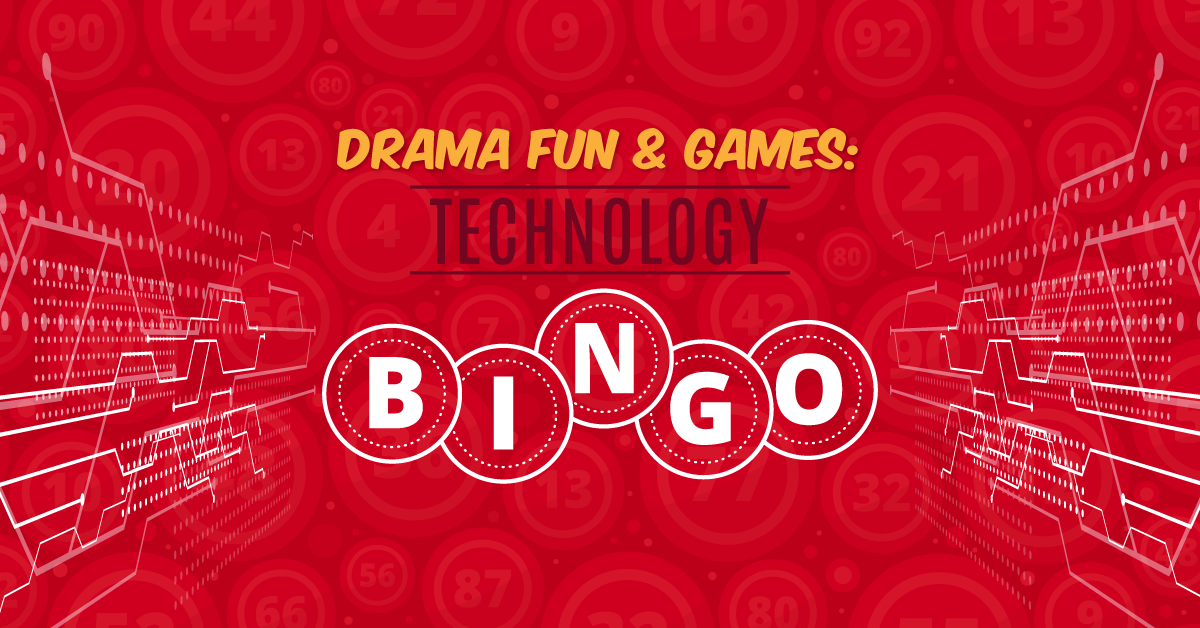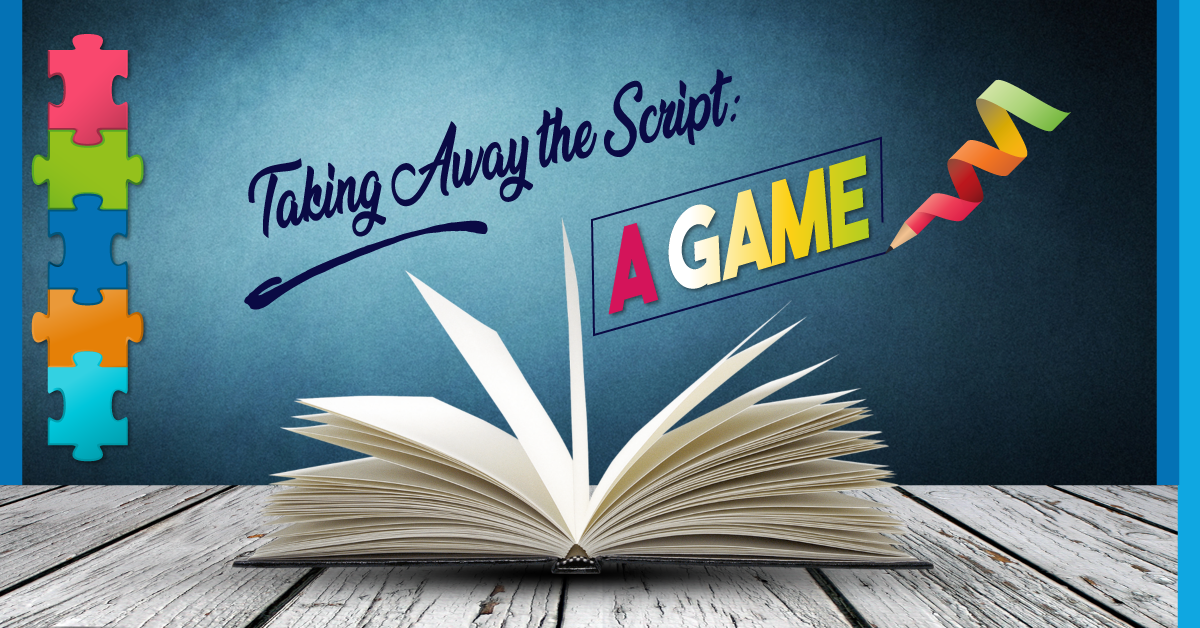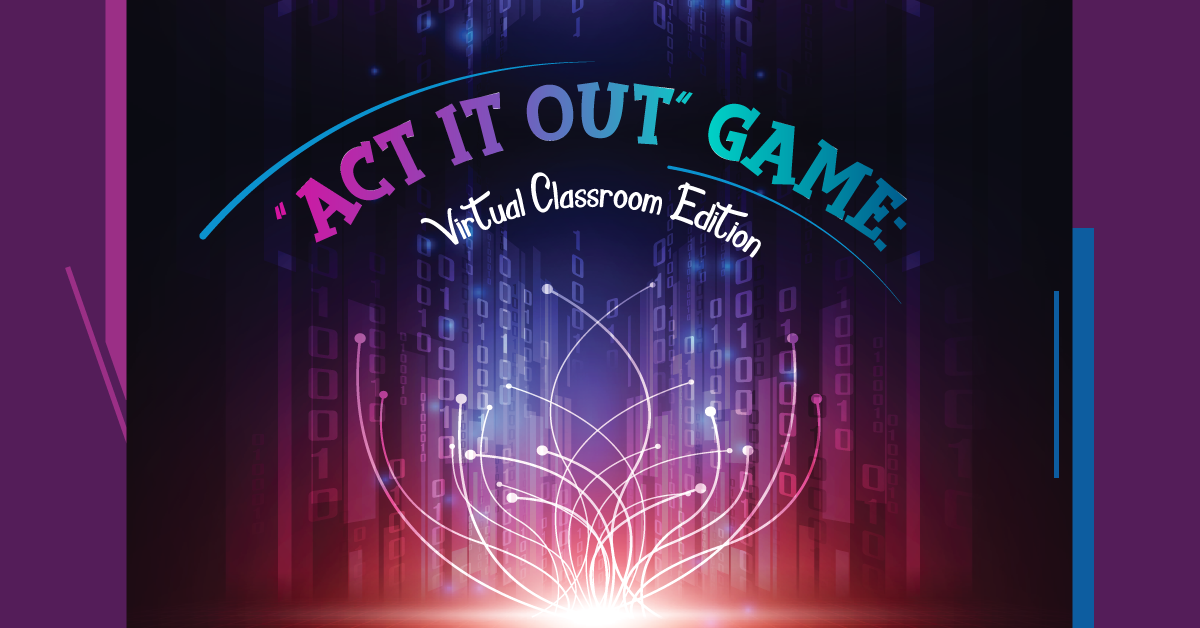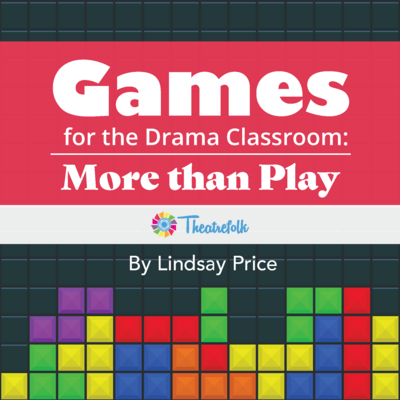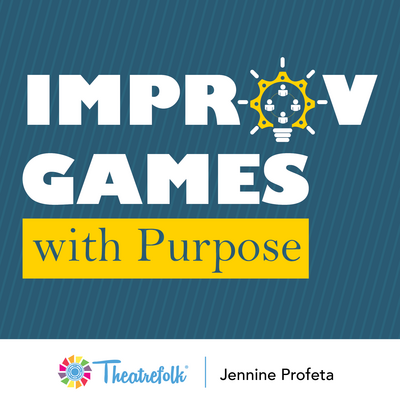Drama Fun & Games: Technology Bingo
Distance learning using video conferencing software is full of surprises and challenges. Some days, connecting and running your class goes off without a hitch. Other days, it seems like anything that can go wrong, does go wrong, and your lesson plan ends up not looking like much of anything. We teachers have to give ourselves grace and realize that we are doing the best we can with the resources we have available. It also helps to laugh about it, if you can.
Technology Bingo is a good way to have a laugh with your students, your colleagues, or just by yourself. Create a bingo card with various technological issues that have come up during your classes, and mark them off if (or when) they occur. Traditional bingo cards in North America are 5 by 5 squares (25 squares total), but you can also make a smaller card of squares or rectangles if you wish (in the United Kingdom, Bingo cards are sometimes made on a 5 by 3 or 9 by 3 rectangular grid). Ideally, your card won’t fill up too quickly (or at all!) throughout the term, but when issues do occur, you can just shake your head and say, “There’s a mark for the bingo card!”
Here are some ideas that you can add to your Technology Bingo card. Of course, you can always include ideas that are specific to your class, as well as take suggestions from your students. You might also want to make one space a “free” space; traditionally the centre square of the 5 by 5 grid is a free space, but feel free to mix things up and put the free space in a random position on the cards.
- “I think you’re on mute” or “I forgot to unmute!”
- Internet stops working
- “Your connection is unstable” popup message
- Audio lag (you can use this more than once because it seems to happen pretty frequently!)
- Video freezes
- Student ends up in the wrong breakout room
- Sending a private chat message to the whole group
- Showing an unrelated website while sharing your screen
- Students filling up the chat box with weird or irrelevant messages
- Student turns off their camera and vanishes… where did they go?
- Attempted choral speaking goes horribly wrong
- Microphone feedback
- Audio echo or background noise from someone not muted
- Student keeps unmuting themselves
- Student changes username to something that isn’t their actual name (without telling you!)
- Trying to admit latecomers when you’ve already started the lesson
- Attempting to teach students both online and in-person at the same time
- Needing multiple devices to teach a lesson
- Student mixing up left and right due to screen mirroring
- “Can you turn your camera on, please”
- “Try turning your device off and turning it on again”
- Device powers down mid-lesson
- “I’ve only got 1% left”
- Student has trouble uploading their homework
- “Can you repeat what you just said?”
- Full system crash
The website My Free Bingo Cards is a great resource to print free randomized bingo cards, if you wish to play Technology Bingo with your class.
You can combine Technology Bingo with a problem-solving exercise with your class. Divide students into small groups and have them brainstorm and present solutions to the various technology problems. You can use those solutions to create a Technology Guidelines document for your future distance learning drama classes.
Related Articles
Games for the Drama Classroom: More Than Play
by Lindsay Price
A collection of games and activities that go well beyond the notion of "play."
Improv Games with Purpose
by Jennine Profeta
Improv games including feedback suggestions and questions, game variations, teaching tips, side coaching tips, entry prompts, exit slip questions, and more!
